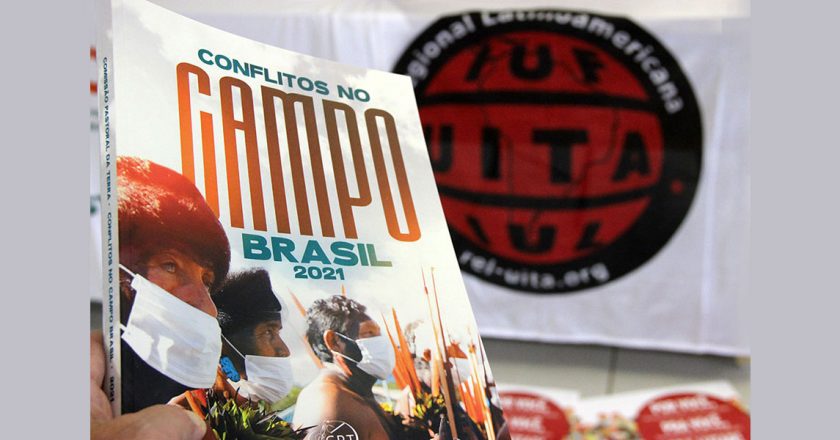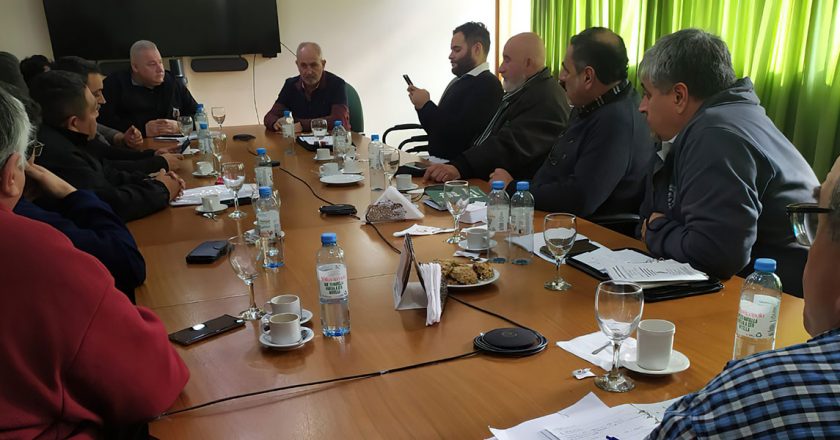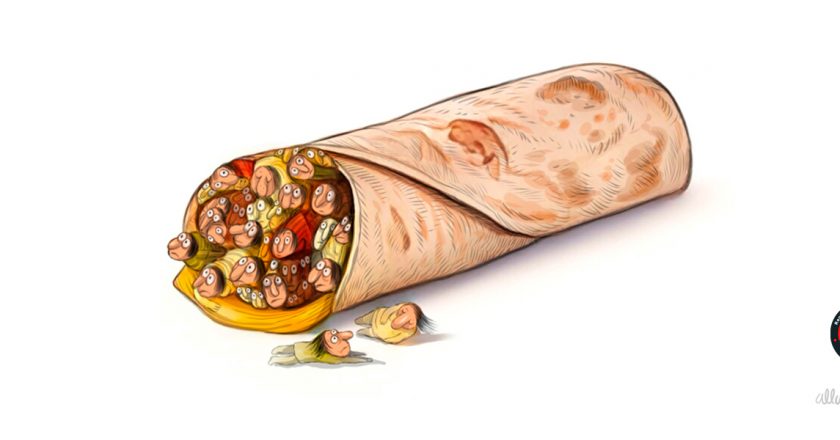With a strike only hours away at the brewery company Cervecería Nacional (AB InBev), and against a backdrop of social protests that have been shaking Panama for the past month, the unions reached positive agreements with management.


With a strike only hours away at the brewery company Cervecería Nacional (AB InBev), and against a backdrop of social protests that have been shaking Panama for the past month, the unions reached positive agreements with management.

The Union has been alerting the IUF and FELATRAN for a year and a half about the repressive and corrupt attitude of the company’s management in Nicaragua. Manager In this sense, Juan González and Head of Production Alejandra García were timely reported, as were middle management officers, including the warehouse chief and several supervisors.

Last Friday, July 29, at a tripartite meeting, the Federation of Meat Industry Workers (FOICA) hoped to reach an agreement with the meatpacking company Frigocerro following the arbitrary dismissal of two union leaders.

The murder of British journalist Dom Phillips and indigenous expert Bruno Pereira and the confirmation, on June 16, of the discovery of their dismembered and burnt bodies shocked the world. This violence, however, committed under the cloak of impunity and fueled by the current government’s hate speech, is something that native peoples and their defenders have been suffering for decades.

The Federation of Food Industry Workers (FTIA) convened its Buenos Aires province, Villa Nueva (Cordoba), and Fimat (Santa Fe) affiliates with Nestlé production units to a meeting in its national headquarters.

On April 27, Rel UITA (IUF Latin America) launched The Meatpacking Plants Pandemics in digital format, a book that was made possible by the support of Sweden’s Union-to-Union. Ahead of the launch of the printed version in São Paulo next week, we spoke about the book with Doctor Roberto Ruiz, the man behind this work.

On Monday, April 4, Rel UITA (IUF Latin America) joined protests staged by food industry trade unions and confederations demanding …

As in all wars, the worst effects of the Ukraine war are borne by those who are most vulnerable. In this case, the war is also pushing up inflation, causing the prices of certain raw materials, such as cereals, to rise, and potentially increasing the risk of famine in numerous Third World countries.

“I have seen so many people getting hurt, so many people suffering”

In 2020, some ten to twenty thousand indigenous workers were employed in Brazil’s meatpacking plants. The NR36, a norm that regulates health and safety conditions in that industry, cannot be modified without first consulting the indigenous communities that will be affected by any proposed changes. However, indigenous activist and lawyer Fernanda Kaingáng told La Rel that this revision was presented out of the blue, without prior discussion, thus violating the obligation to consult the indigenous peoples concerned, as stipulated by ILO Convention 169.